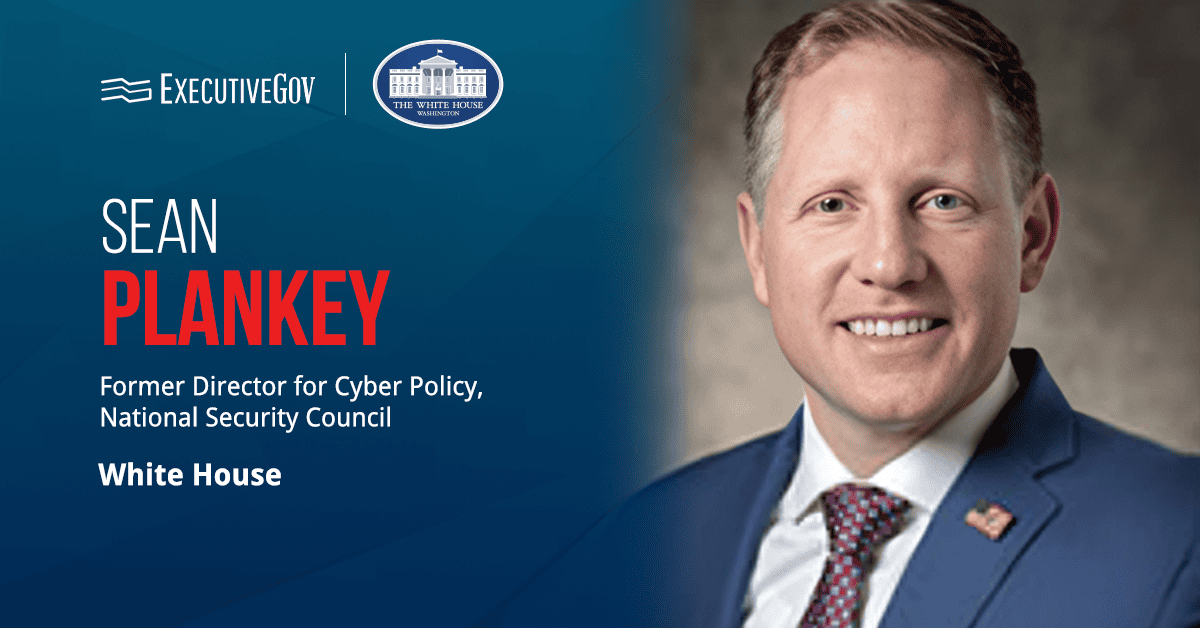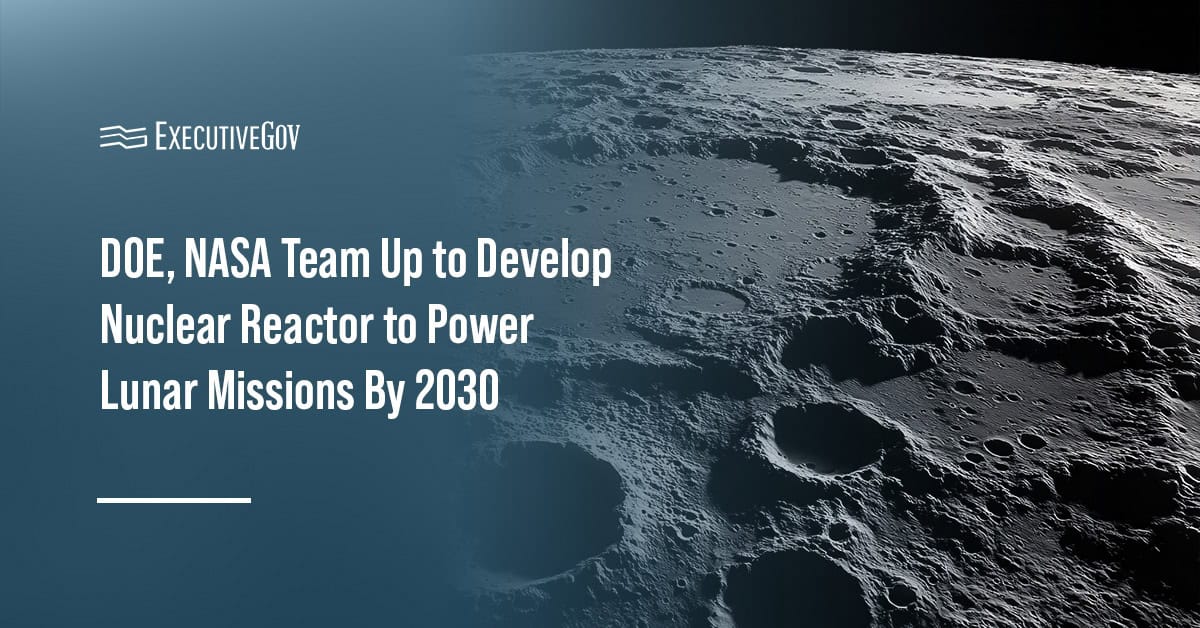The White House's Office of Science and Technology Policy (OSTP) seeks feedback on how biometric technologies have performed in organizations and how they affect individuals emotionally and mentally.
OSTP wants to understand how both public and private sector organizations have used and regulated biometric technologies, such as facial recognition, in the past and present, the office said Oct. 4th in a Federal Register notice.
The effort aims to identify the users of biometrics, policies governing how the technology is used, domains where the technology is applicable and impacted stakeholders.
The government has observed an increase of domains where biometric systems are applicable and seeks to address the concerns that come with that growth.
These concerns include the technology's effects on various demographic groups and its role in the growing usage of surveillance systems. Interested parties may submit responses through Jan. 15, 2022.





